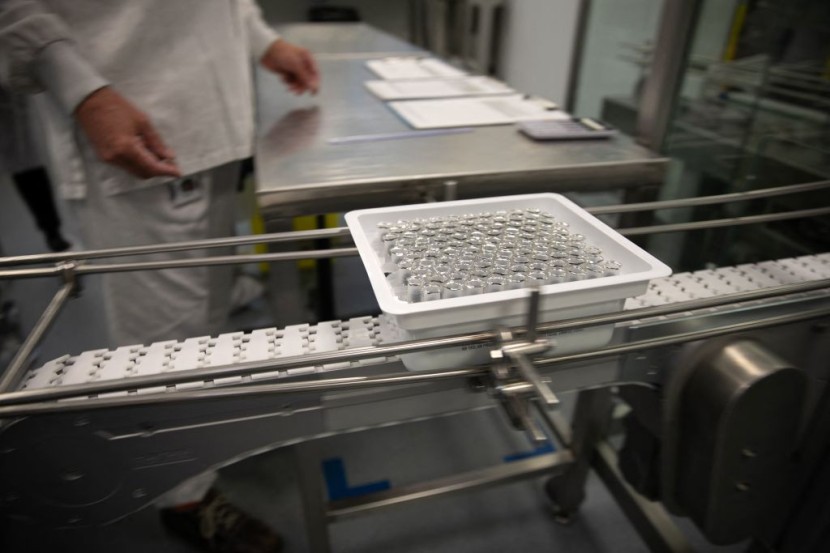
- New pancreatic cancer vaccine shows promise in early trials
- The treatment was found to prevent the disease from returning in 50% of the patients that received it
- One popular case of pancreatic cancer was former "Jeopardy" host Alex Trebek
A new pancreatic cancer vaccine has shown promise during early trials as scientists found that it prevented the disease from returning in half of the patients to whom it was given.
Pancreatic cancer is a type of illness that is infamous for being significantly difficult to detect and treat. Many health experts consider it a "silent disease" because of its symptoms, which include abdominal pain and weight loss.
New Pancreatic Cancer Vaccine Candidate
These often do not show up in people afflicted with the illness until the cancer cells have already spread to the patient's blood vessels and tissue. At that point in time, the treatment of an individual becomes relatively difficult.
One of the most popular cases of pancreatic cancer was "Jeopardy" host Alex Trebek, who lost his life shortly after doctors diagnosed him with stage 4 of the disease. The reason that this form of cancer is so aggressive is another factor why it was chosen for the recent study, as per Business Insider.
Scientists associated with German firm BioNTech were able to develop a new vaccine that is personalized for each patient's unique genetic makeup. It attempts to train an individual's immune system to destroy pancreatic cancer cells.
The small study involving the vaccine was published in Nature and scientists said that they tested the new treatment on 16 patients in New York City. The team found that half of the subjects were still cancer-free even after 18 months, which was considered to be a success for the trial.
The Memorial Sloan Kettering Cancer Center in New York took tumor samples from the 16 patients and sent them to Germany. A team there, who were associated with BioNTech, analyzed the proteins in each of the sample's cancer cells.
Treating the Highly Fatal Disease
Using the data they gathered, the scientists were able to produce personalized vaccines that were designed to teach each of the subjects' immune systems to attack the tumors. This concept is similar to how BioNTech's COVID-19 vaccine works where it relies on messenger RNA, according to Yahoo News.
In the case of the pancreatic cancer vaccine, it taught patients' cells to make some of the same proteins that were found on their excised tumors. This potentially provokes an immune system response that would help fight against actual cancer cells.
In a statement, a specialist in the disease at the University of Texas MD Anderson Cancer Center, Dr. Anirban Maitra, who was not involved in the study, said that the study represents the first demonstrable success of an mRNA vaccine working on pancreatic cancer.
Pancreatic cancer is one of the most lethal malignancies, with records showing that its fatality rate is at 88%. Furthermore, it is also one that many health experts consider the hardest to treat. Its tumors need to be surgically removed but come back within about seven to nine months in 90% of patients, said CNN.
© 2026 HNGN, All rights reserved. Do not reproduce without permission.








